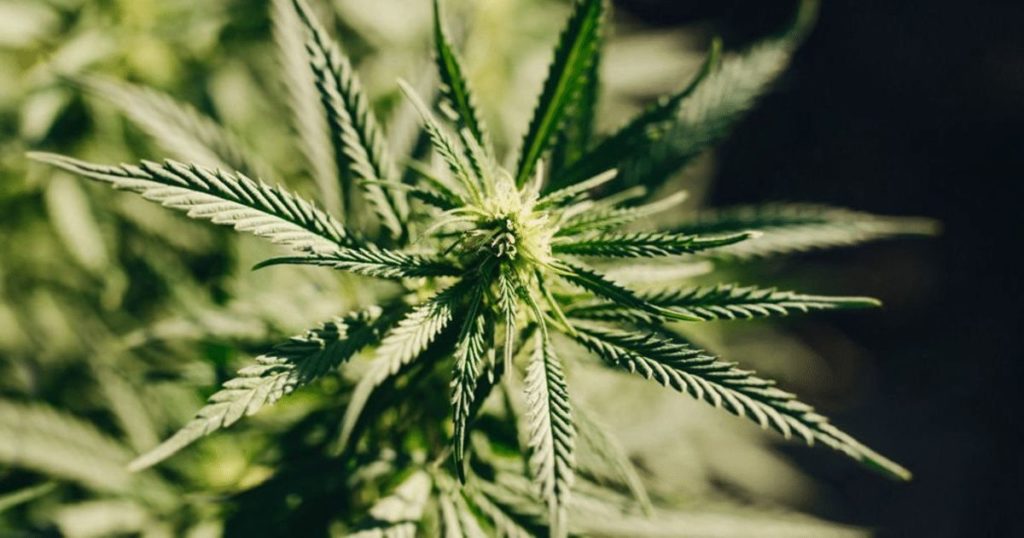In the wake of New York’s legalization of adult-use recreational cannabis, some hemp producers have been skirting the law when it comes to specific isomers extracted from hemp plants and processed to be psychoactive. These hemp producers have been using loopholes in the Farm Bill in order to do so, and now, they’re being called out.
Delta-8 And Delta-10 Being Sold In Gas Stations & Bodegas
Back in 2018, when the Farm Bill was signed into legislation, it legalized hemp production, which is defined as cannabis plants containing less than 0.3% THC.
Some hemp producers in New York State and other states found a loophole within the Farm Bill that allowed them to convert CBD (cannabidiol) that they derived from their hemp plants into two compounds known as delta-8 THC and delta-10 THC. These two compounds are isomers of the psychoactive ingredient in cannabis plants, most often known as THC – which stands for delta-9-tetrahydrocannabinol.
In creating these delta-9 isomers, hemp producers have been able to skirt the law and produce psychoactive products from hemp because the hemp itself still contains less than 0.3% THC. These delta-8 and delta-10 products are now being sold in bodegas and gas stations throughout New York State, even though they are psychoactive and are not being controlled, regulated, and rigorously tested like delta-9 must be before they hit store shelves.
Now, hemp producers who have been processing products made with delta-8 and delta-10 isomers are being called out, not only by New York State regulators but also by other hemp producers who choose to farm their plants within the letter and spirit of the law.
A statement released by the US Hemp Roundtable in February stated the group’s discontent with those growers who had been creating products with the psychoactive isomers, according to Cannabis Wire. The statement read, in part, that the group was “deeply troubled about the increasing proliferation of products that are sold under the guise of the hemp name but that are marketed for their intoxicating effect,” while calling on the FDA as well as state regulators to crack down on psychoactive products being made from hemp.
State Regulators Issue Warning Regarding Delta-8 & Delta-10
To suppress products made with psychoactive isomers delta-8 and delta-10, New York State regulators have issued a warning to those producers developing these products and shop owners who have been selling them in their unregulated shops around the state where they could potentially fall into the hands of children.
Cannabis Wire obtained a copy of the statement issued by the Office of Cannabis Management, which reads, in part, “To clarify any confusion surrounding these products, we are advising you that the sale of any cannabinoid hemp products which contain Delta-8 THC or Delta-10 THC created through isomerization are strictly prohibited in the Cannabinoid Hemp Program.
At no time has the sale of these products been authorized in the Cannabinoid Hemp Program. These products contain intoxicating qualities that the Adult-Use or Medical Cannabis Programs more appropriately regulate. If your business is selling Delta-8 THC and/or Delta-10 THC, you must immediately cease and desist this activity.”
In speaking with Cannabis Wire, a spokesperson for the OCM, Aaron Ghitelman, stated the continued growth and production of these products could have cultivators, processors, and shop owners facing dire consequences, such as fines, losing their existing licenses, and not being approved for licensing in the adult-use market.
Related Reading: Cannabinoids of the Future: Delta-8 THC
Delta-9
Delta-9-tetrahydrocannabinol, or THC, is the active ingredient in the Cannabis Sativa plant that gives it its psychoactive effects and produces the “high” that many cannabis consumers seek.
Unlike delta-8 and delta-10, delta-9 is subject to rigorous testing and regulations prior to hitting store shelves to ensure its safety for public consumption. According to the New York State website for New York Code, Rules, and Regulations, these tests include but are not limited to analytical testing, stability testing, and testing for contaminants such as:
- E. coli
- Pseudomonas (for products to be vaporized)
- Salmonella species
- Enterococcus species
- Bile tolerant gram-negative bacteria, specifically Klebsiella species
- Clostridium botulinum
- Aspergillus species
- Mucor species
- Penicillium species
- Thermophilic Actinomycetes species
- Aflatoxins B1, B2, G1, G2
- Ochratoxin A
- Antimony
- Arsenic
- Cadmium
- Chromium
- Copper
- Lead
- Nickel
- Zinc
- Mercury
- Any pesticide used during the production of the medical marijuana product
- Any growth regulator used during the production of the medical marijuana product
- Any other analyte as required by the commissioner
The fact that both delta-8 and delta-10 isomerized products are not subject to these regulations and testing means that when they are sold, consumers have no idea whether or not they are safe to consume. Therefore, to uphold the integrity of not only the hemp production industry but also the cannabis industry as a whole, it’s imperative that these products are kept off store shelves, as well as kept separate from products containing delta-9, until such a time that they are subject to the same rules and regulations as THC.
Enjoyed that first hit? Come chill with us every week at the Friday Sesh for a freshly packed bowl of the week’s best cannabis news!

















